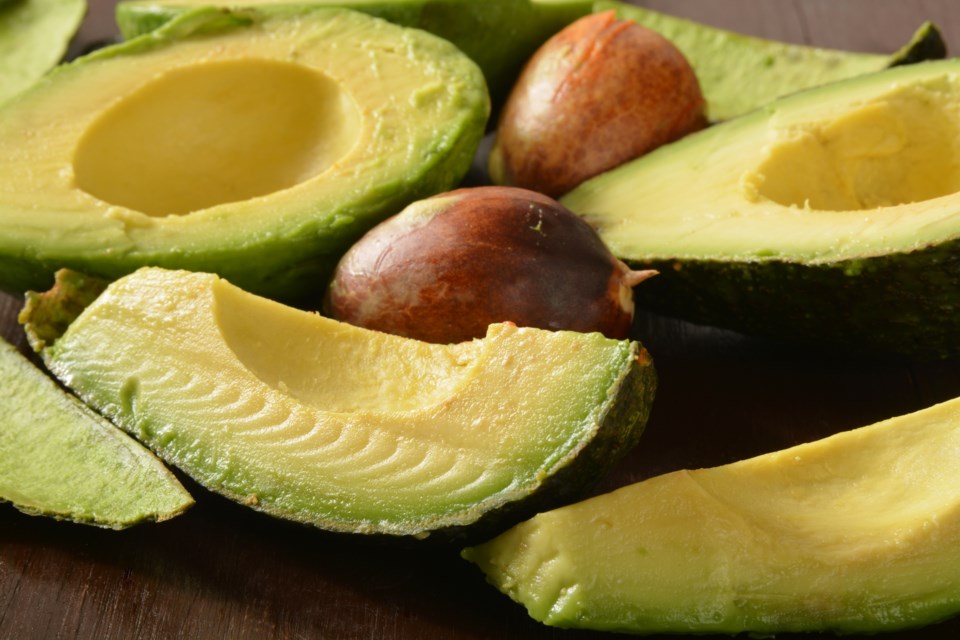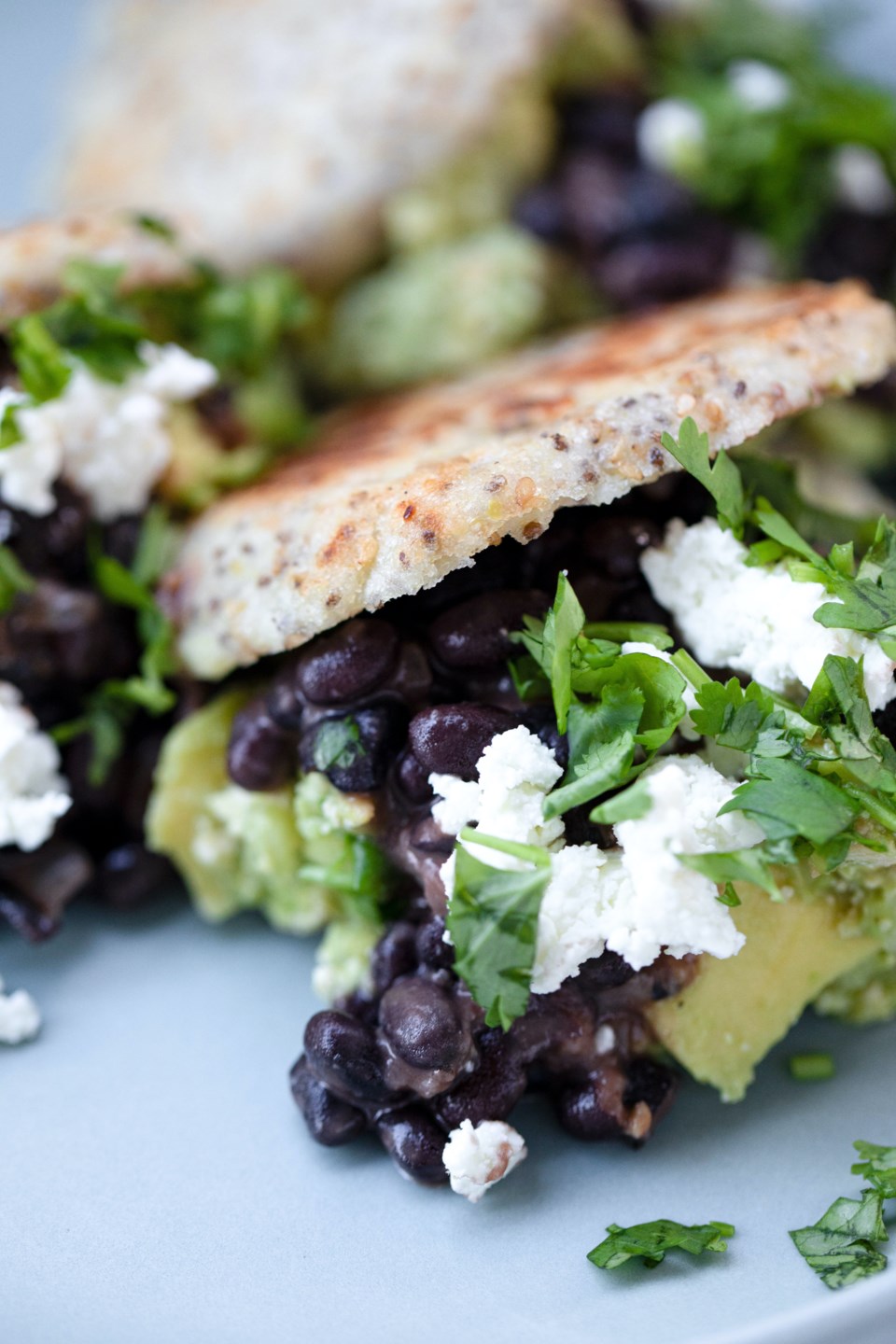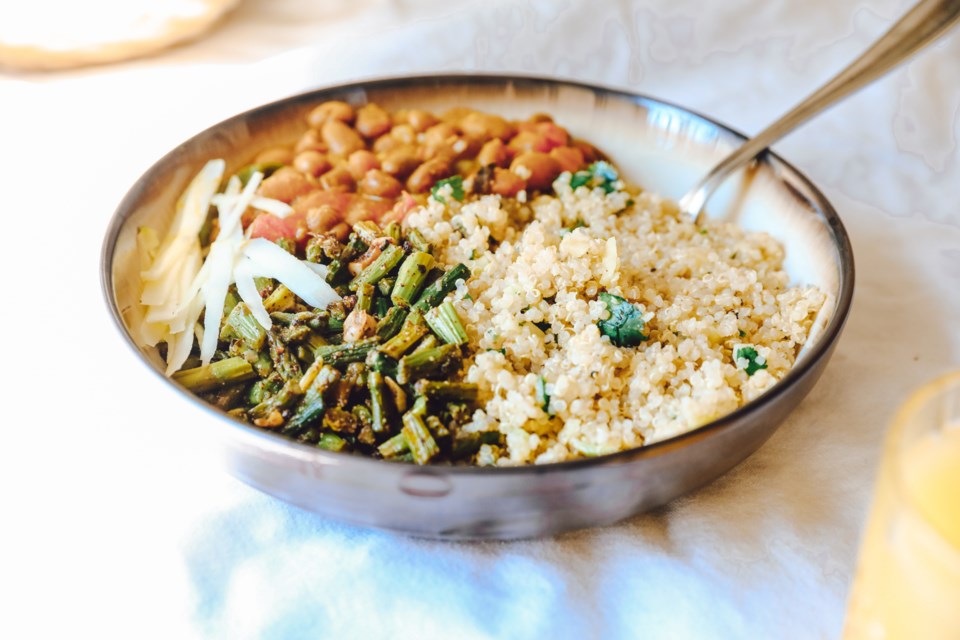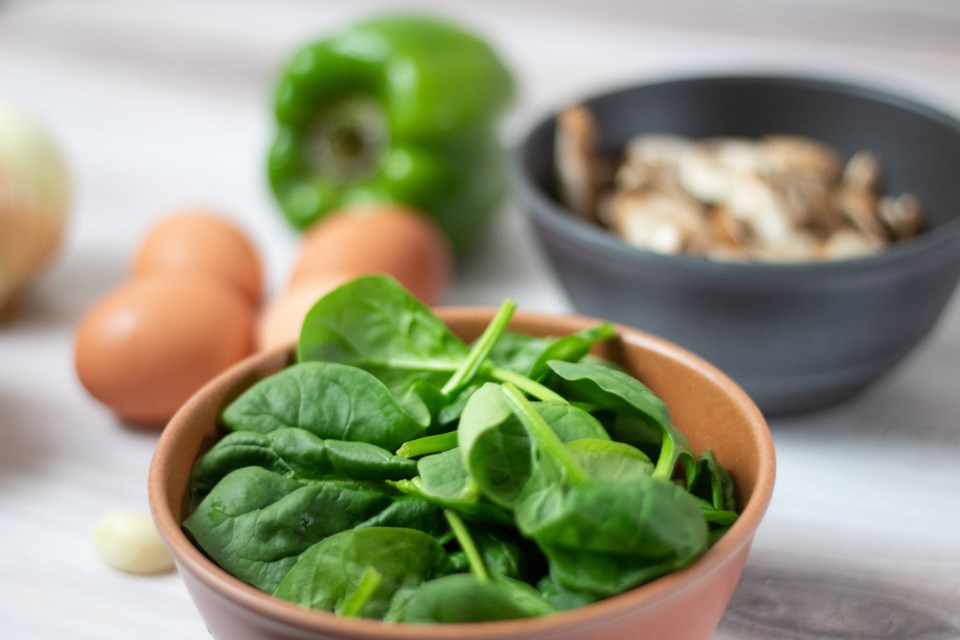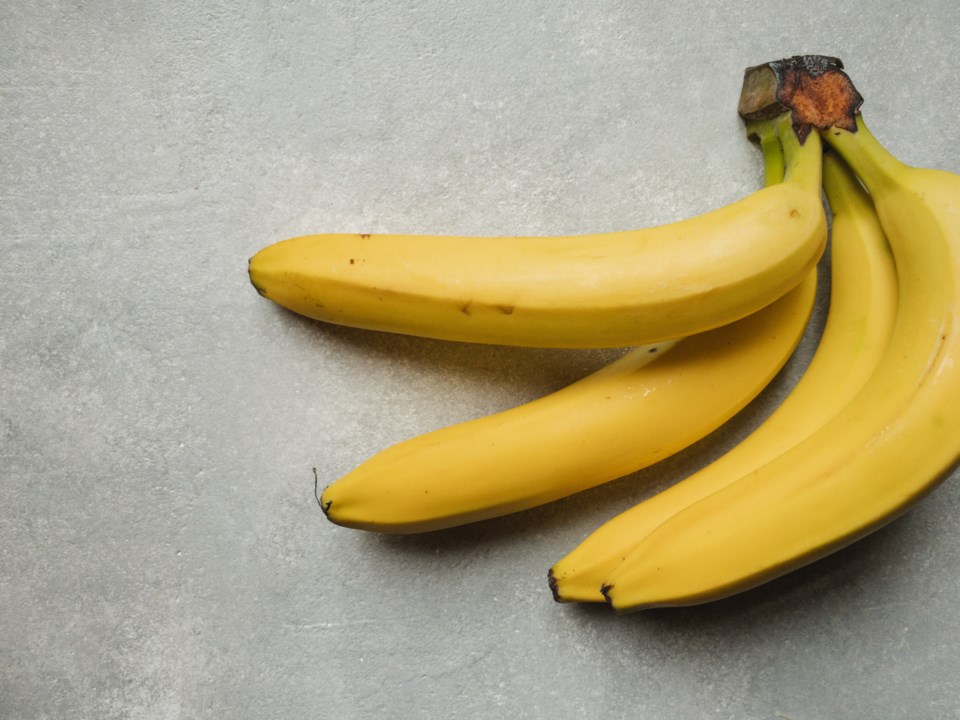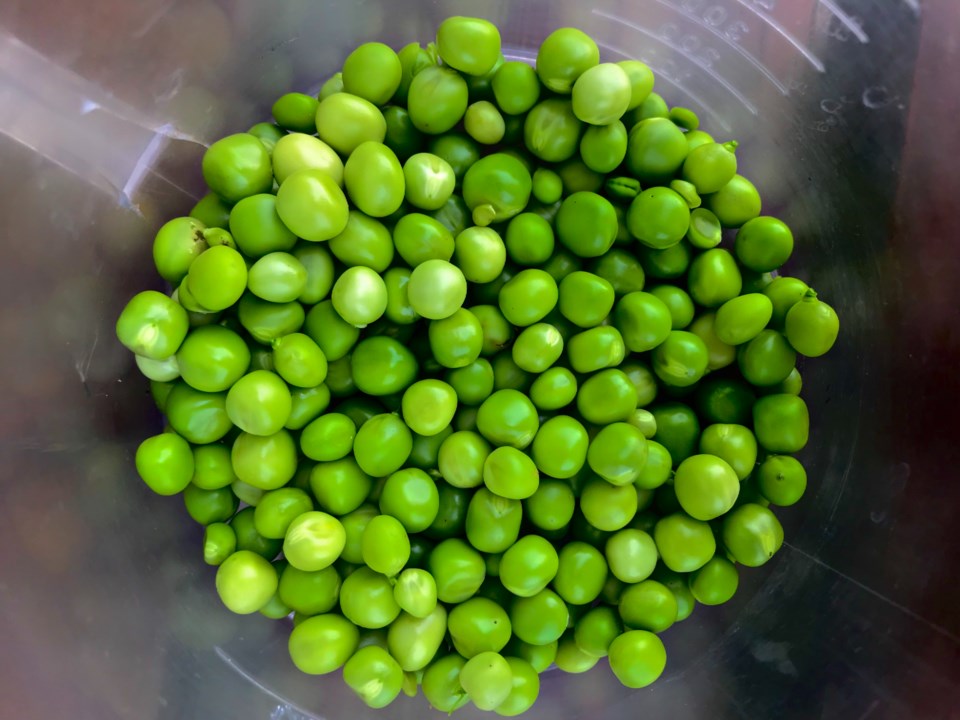Within the intricate workings of your body, there are over 300 vital processes that rely on the extraordinary power of magnesium.
From maintaining a steady heart rhythm to facilitating muscle contractions, controlling blood pressure, promoting bone health, and fuelling your energy levels, magnesium plays an indispensable role.
Magnesium is a mineral naturally present in many foods and experts recommend that you consume between 310 and 420 milligrams (mg) of magnesium per day (depending on age and sex).
Bur ask yourself this: are you truly providing your body with an adequate supply of magnesium? Chances are, typical eating habits in North America and around the world fall short in meeting this essential mineral's requirements.
The good news is that rectifying this deficiency is far simpler than you might imagine. Tossing a few key foods into your grocery basket can easily take you from magnesium deficiency to magnesium sufficiency.
Check out this magnesium-rich shopping list made by registered dietitian Anna Taylor, RD, LD for the Cleveland Clinic.
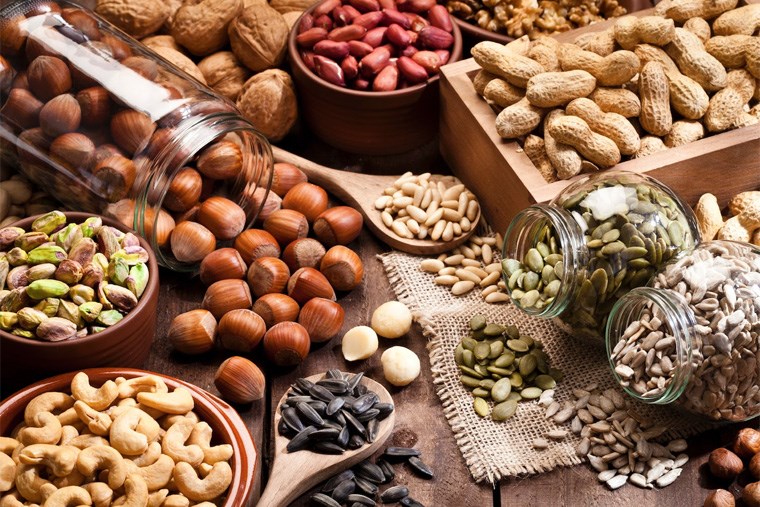
Nuts and seeds
- Almonds (roasted): 1 ounce (oz) = 80 (mg) of magnesium.
- Cashews (roasted): 1 oz = 72 mg of magnesium.
- Flax seed (whole): 1 tablespoon = 40 mg of magnesium.
- Peanuts (dry roasted): 1 oz = 49 mg of magnesium.
- Pumpkin seeds (hulled, roasted): 1 oz = 150 mg of magnesium.
- Chia seeds: 1 oz = 111 mg of magnesium.
Legumes
- Black beans (boiled): 1/2 cup = 60 mg of magnesium.
- Edamame (cooked, prepared): 1/2 cup = 50 mg of magnesium.
- Lima beans (cooked): 1/2 cup = 40 mg of magnesium.
Fiber-rich whole grains
- Quinoa (cooked): 1/2 cup = 60 mg of magnesium.
- Shredded wheat (plain, un-frosted): 1 cup = 56 mg of magnesium.
Low-fat dairy products
- Milk (nonfat): 1 cup = 24 to 27 mg of magnesium.
- Yogurt (plain, low fat): 8 oz = 42 mg of magnesium.
Greens
- Spinach (cooked): 1/2 cup = 78 mg of magnesium.
- Swiss chard (cooked): 1/2 cup = 75 mg of magnesium.
- Collard greens: 1/2 cup = 25 mg of magnesium.
Fruit
- Avocados: One whole avocado = 58 mg of magnesium.
- Bananas: One medium banana = 32 mg of magnesium.
- Papaya: One small papaya = 33 mg of magnesium.
- Blackberries: 1 cup = 29 mg of magnesium.
Vegetables
- Green peas: 1/2 cup = 31 mg of magnesium.
- Sweet corn: 1/2 cup = 27 mg of magnesium.
- Potatoes: One medium potato with skin = 48 mg of magnesium.
Chocolate
- Dark chocolate (70%-85% cocoa): 1 oz = 64 milligrams of magnesium.
Water
Tap, mineral, and bottled waters can also be magnesium sources — but it’s difficult to know how much magnesium they contain because it depends on the water source. So, if you drink the recommended 2 litres of water per day, that could be up to 240 mg of magnesium.
Tips to get enough magnesium in your diet
To get the recommended amount of magnesium your body requires, you should:
- Five servings of fruits and vegetables per day.
- At least three servings of whole grains per day.
- One ounce or 1/4 cup of nuts or seeds per day.
- One serving (about 1/2 cup cooked) of legumes most days of the week.

